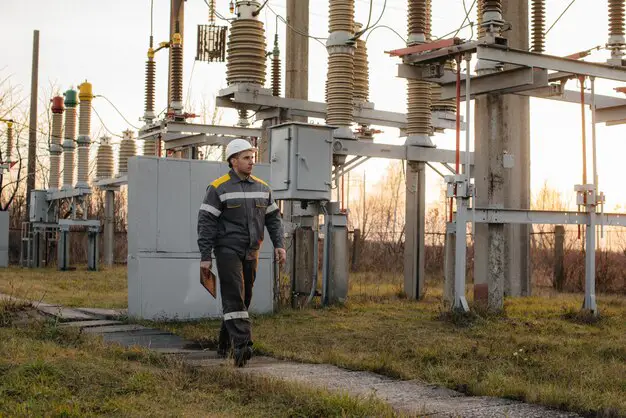Cogeneration, also known as Combined Heat and Power (CHP), is a highly efficient energy generation method that is not only applicable to industrial settings but also holds significant potential for residential homes. Understanding how cogeneration functions in residential settings can shed light on its benefits and possibilities for homeowners.

Cogeneration systems maximize energy efficiency by utilizing waste heat, resulting in reduced energy waste and lower utility bills for homeowners.

Table of Contents
How Cogeneration Works for Homes:
Cogeneration systems for residential homes typically involve the following components:
- Primary Energy Source: Natural gas, propane, or biogas are commonly used as the primary fuel sources for residential cogeneration systems.
- Electricity Generation: Cogeneration units, such as micro-turbines, Stirling engines, or internal combustion engines, generate electricity to power the home. This electricity is the primary output of the system.
- Waste Heat Recovery: While generating electricity, cogeneration units produce waste heat. In residential applications, this waste heat is captured and utilized for heating purposes, such as providing hot water or space heating.
- Combined Efficiency: By simultaneously producing electricity and utilizing waste heat, cogeneration systems achieve higher overall efficiency compared to traditional separate electricity and heating systems.
Benefits of Cogeneration for Homes:
- Energy Efficiency: Cogeneration systems maximize energy efficiency by utilizing waste heat, resulting in reduced energy waste and lower utility bills for homeowners.
- Cost Savings: Lower energy consumption and potential revenue from excess electricity production, if applicable, can lead to considerable cost savings over time.
- Reliability: Cogeneration systems enhance energy reliability by providing power during grid outages, ensuring continuous electricity supply for essential home appliances.
- Reduced Environmental Impact: Lower energy consumption and reduced reliance on grid-supplied electricity contribute to a smaller carbon footprint, promoting environmental sustainability.
Considerations for Residential Cogeneration:
- System Sizing: Cogeneration systems for homes need to be appropriately sized to match the energy needs of the household.
- Maintenance: Regular maintenance and professional servicing are essential to ensure the efficient and reliable operation of residential cogeneration units.
- Cost and Investment: Initial installation costs for cogeneration systems can be significant, but long-term savings and potential incentives may offset these expenses.
Conclusion:
Cogeneration systems offer residential homeowners an opportunity to generate electricity efficiently while harnessing waste heat for heating purposes. Embracing this technology allows households to reduce energy consumption, lower utility bills, and contribute to a more sustainable energy future. While initial investment and proper system sizing are considerations, the long-term benefits of residential cogeneration can be substantial, offering homeowners an efficient and eco-friendly energy solution.
This article provides an overview of how cogeneration systems work in residential settings, emphasizing their benefits and considerations for homeowners interested in this efficient energy generation method.



